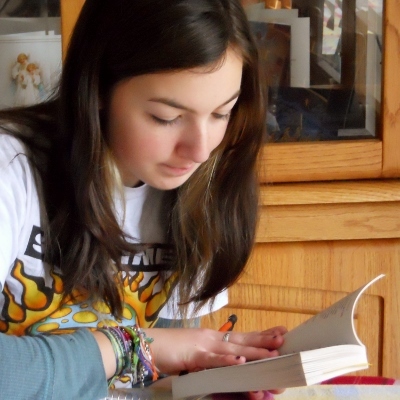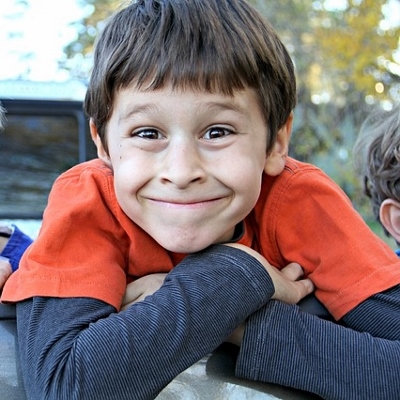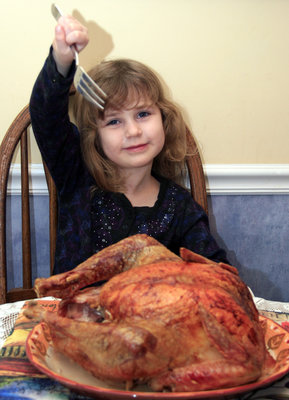 Recently I read an article on how a toddler is fighting Salmonella disease after the family pets ate contaminated food; this news via the Charlotte Observer really struck me. This poor two-year-old child has Salmonella and continues to be a carrier. She periodically has relapses of the symptoms. She cannot be placed in daycare or preschool due to her condition as a carrier, and doctors say it may be five or six years before she outgrows the illness. So, I wonder, is it really that easy to contract salmonella from the pets in our home, and how can I prevent this from ever happening to my family?
Recently I read an article on how a toddler is fighting Salmonella disease after the family pets ate contaminated food; this news via the Charlotte Observer really struck me. This poor two-year-old child has Salmonella and continues to be a carrier. She periodically has relapses of the symptoms. She cannot be placed in daycare or preschool due to her condition as a carrier, and doctors say it may be five or six years before she outgrows the illness. So, I wonder, is it really that easy to contract salmonella from the pets in our home, and how can I prevent this from ever happening to my family?
Pets, dogs and cats, have become close members of families these days. They share the home, give us love and kisses, and may even share the family bed. But, what I didn’t know is that Fido can also share a nasty bug called Salmonella. Children (and older people, too) are getting sick from touching contaminated food, an infected pet, and/or handling the pet’s waste. The germs can be transmitted from animals to humans and then from humans to humans by the fecal oral route says the CDC (Centers for Disease Control).
Let’s face it, babies and toddlers are curious beings. How many times have we seen little ones playing in a pet’s water bowl or even trying out a morsel of pet food? It happens! And how many dogs love to give kisses? They want to show love and affection and they have no idea that they may be carrying a potentially harmful disease.
Here are some tips to help keep your family safe from Salmonella and other bugs an animal may carry.
- Wash, wash, and wash your hands. Children should wash their hands after playing with pets. Discourage them from going near food and water bowls, and to avoid areas where pets defecate (litter boxes and walking barefoot outdoors in the grass).
- Try to prevent animals from kissing your child on the face because germs can be transmitted through saliva.
- Never share food with your pet from your plate.
- It’s best not to prepare pet food in your kitchen sink or bathe a baby in that same sink. If you do use the kitchen sink and counters to make your pet’s meals, scrub them with a product containing bleach.
What are the symptoms of Salmonella?
In humans, Salmonella infections mostly cause gastrointestinal illness that includes symptoms such as nausea, vomiting, diarrhea, and stomach pain. Some people also run a fever. If your youngster shows signs of these symptoms or if you see blood in the stools, make sure to seek immediate medical attention.
Animals who have Salmonella or carry the disease may or may not show clinical symptoms. If you do see any vomiting or diarrhea with your pet, it’s best to wear disposable gloves when handling waste and wash your hands afterwards, too. A veterinarian can conduct a fecal culture to test for any known bacteria and decide whether to treat your pet.
Prevention is the key to keeping your pet and children safe from any type of contamination that may be lurking. Keep abreast of the news and be on the alert to any pet food recalls.










